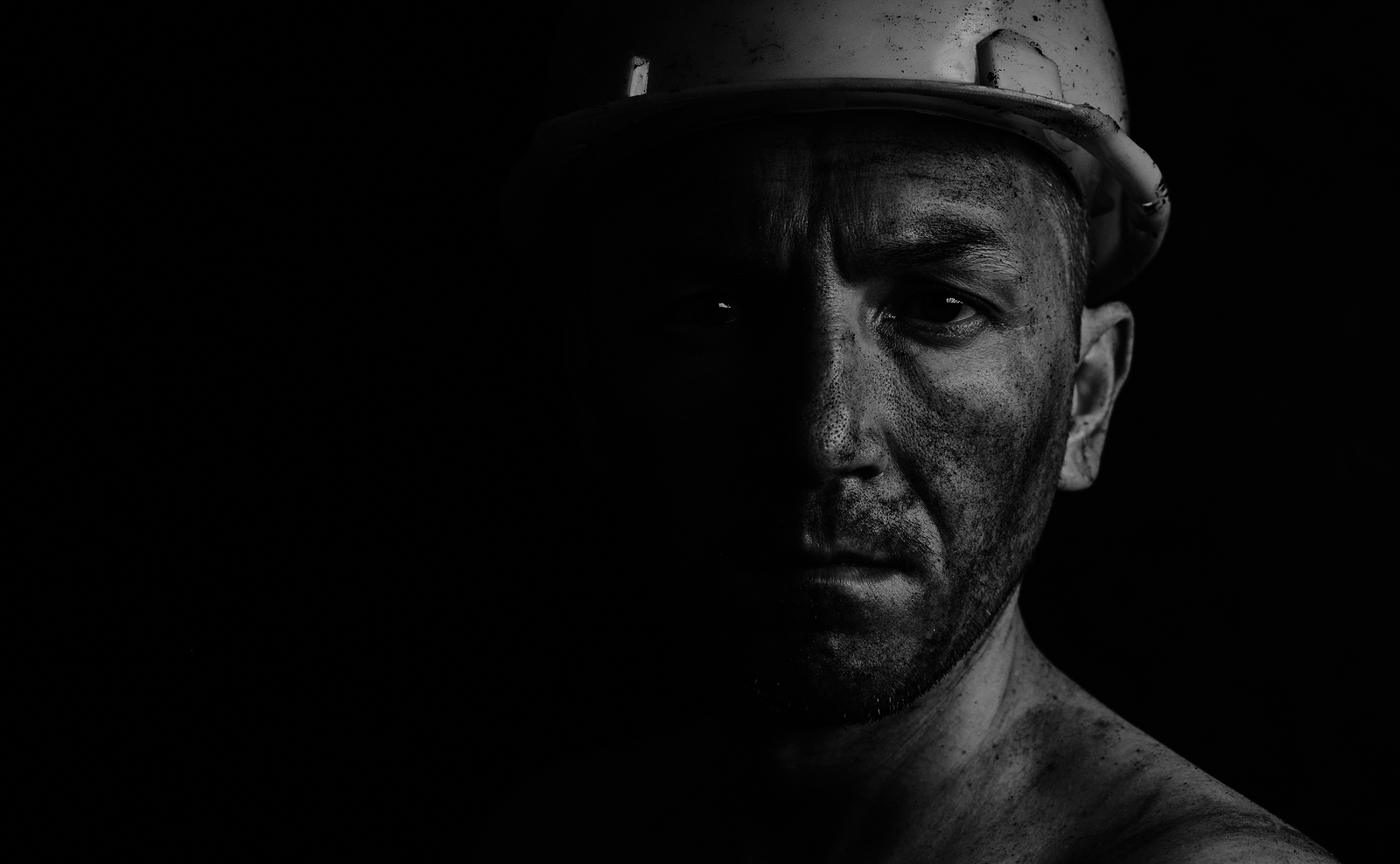As most Americans stayed home during the COVID-19 pandemic, coal miners in most states went down to the mines despite the fact that miners are especially vulnerable to COVID-19 due to their existing lung impairment. Coronavirus is just one more potentially deadly threat that Kentucky coal miners are facing each shift. In most states, coal miners were deemed essential workers during the pandemic, but state and federal agencies were unable to track COVID-19 infections among coal miners or regulate sanitation to minimize the risk of transmission.
Why Coal Miners May Be Vulnerable to Coronavirus Infection
In order to understand what makes mines a breeding ground for coronavirus and why coal miners are so vulnerable to COVID-19, it is important to know miners work. First, they need to ride packed rail cars to get to the worksite. When coal miners are underground, they are even more likely to become infected with COVID-19 due to the ventilation system, which is designed to blow air through the mine. Also, coal miners are particularly vulnerable to coronavirus because a large number of miners suffer from lung impairment caused by years or decades of exposure to coal dust and toxic coal. Instead of increasing safety inspections in mines and changing policies to protect coal miners from the risk of exposure to coronavirus, the Mine Safety and Health Administration (MSHA) merely reduced some enforcement actions and issued safety recommendations. For instance, the MSHA encouraged coal miners to wash hands frequently and maintain at least six feet between workers. However, these and many other recommendations are difficult – if not impossible – to implement underground.
Despite the high risk of COVID-19 transmissions in coal miners, the Kentucky Department of Natural Resources said there had been no positive coronavirus tests among miners as of May 5. A spokesperson for the Department told WFPL that they provided face masks, gloves, and sanitizers to each mine inspector and instructed them to observe social distancing in mines.
The Link Between COVID-19 and Black Lung
Unfortunately, many coal miners in Kentucky fear that their employers could not care less about COVID-19 or their workers’ health, as many are willing to put profits over miners’ safety. Many of the older coal miners who have years or decades of experience developed lung problems, and some have black lung, but they are still required to work during the pandemic despite the fact that COVID-19 affects the respiratory system. Black lung is a prevalent occupational disease among coal miners in the United States, especially those working in the Appalachian coalfields. Studies have shown that one in 10 coal miners who worked in mines for at least 25 years have black lung. Advanced stages of the disease can leave coal miners disabled and requiring an oxygen tube to assist breathing.
It is not clear at this point how many coronavirus patients in the intensive care unit or who have already died had black lung as an underlying condition. If you are a coal miner who was diagnosed with black lung, working during the COVID-19 pandemic could put you at risk of severe complications and death.

